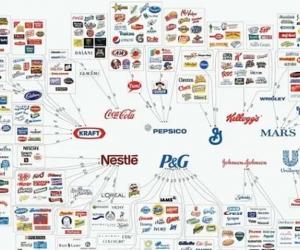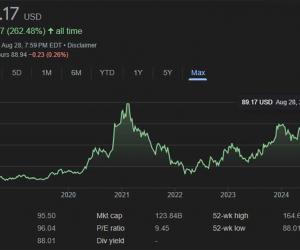Google Launches Amazon-Style Book Search Business
FRANKFURT (Reuters) - Google Inc. on Wednesday quietly launched a new search technology to help publishers sell books online, a fast-growing market dominated by Internet retailer Amazon.com.
Google founders Larry Page and Sergey Brin will host a press conference on Thursday to demonstrate the technology at the Frankfurt Book Fair, an important showcase if the Internet search engine is to recruit the heavyweights of the book publishing industry.
Since going public in August, Google shares have risen more than 60 percent to end Tuesday at $138.37. Speculation has been rife that Google was planning a new search technology, and possibly a Web browser, as it seeks to diversify a business model dependent on selling advertisements related to users' search queries.
The new service, dubbed Google Print, will be incorporated into Google search queries. From launch, users will see book excerpts alongside ordinary Google Web page search results. The book excerpts will carry a link to buy the book from a choice of online book retailers.
PURSUING AMAZON
Amazon launched a similar, though ad-free, service last month called A9.com that is partly based on Google's search technology. It is also possible to search inside books from Amazon.com.
A Google spokesman in Germany on Wednesday downplayed questions that Google Print would be a rival service to Amazon's.
The spokesman, Stefan Keuchel, said the two companies plan to continue their business alliance and that Google plans to link to a variety of online retailers, including Amazon, for users who wish to purchase a book.
Keuchel added it was too early to predict potential revenues from the service. But Amazon has said the "search-inside-the-book" function has helped it sell more books.
The challenge for Google is to recruit a critical mass of publishers to rival Amazon's early head start.
Google said it would not charge book sellers who would like their site listed alongside the search results. It makes money on the service by selling targeted ad links related to the search query. To entice publishers, it plans to share ad revenue with them.
"It's an advantage for publishers because it offers them the possibility to promote books online. And for users it gives them the advantage of accessing information about authors and books and even to read a little from the books," Keuchel said.
"We're trying to index every book there is, and make it searchable for our users," the spokesman added.
Google has been trying to diversify revenues by expanding into online commerce, with mixed success.


































